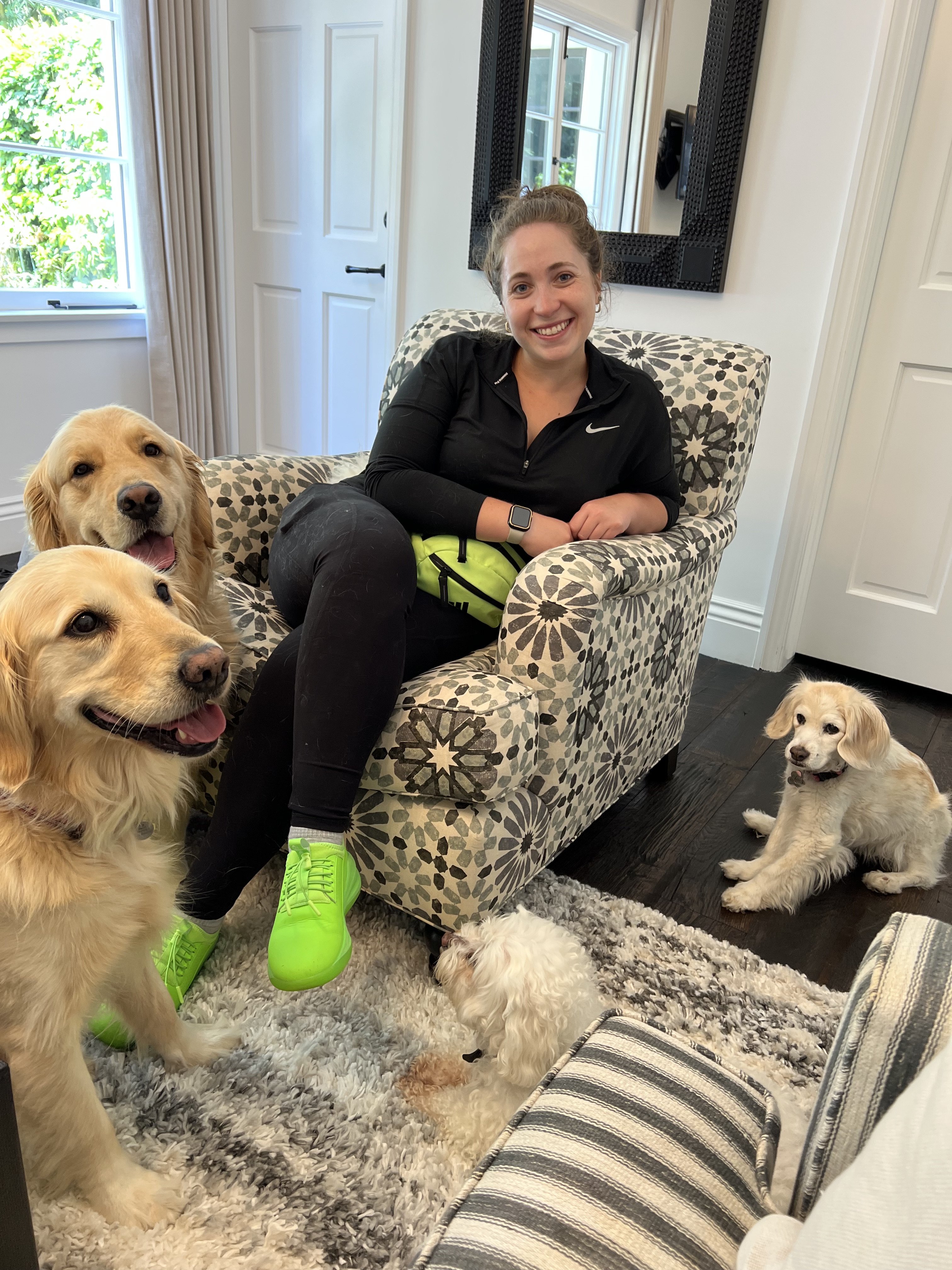
- calendar_month May 7, 2024
- folder Community Engagement
Sharing Tags
Dog Ownership, Dog Training, Dog Walker, Golda's Happy Paws, Home Maintenance, JohnHart, JohnHart Real Estate, Nathan Derry, Nathan Derry JohnHart, Nathan Derry Realty, Nathan Derry Recommends, Nathan Derry, JohnHart Real Estate, Pet Care, Pet Health, Pet Services, Pet Tips, Potty Training, Real Estate
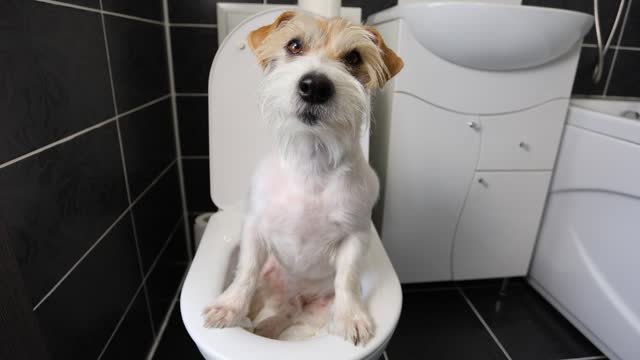
Bringing a furry friend into your home can be one of life's greatest joys, but it also comes with the responsibility of potty training. As a Realtor who understands the importance of a harmonious living environment, I'm here to offer valuable insights into effective ways to potty train dogs. Whether you're a current or future dog owner, mastering this skill is essential for a happy and healthy relationship with your canine companion.
Understanding the Basics
Before diving into the training process, it's crucial to understand the fundamentals of potty training. Dogs are creatures of habit, and establishing a routine is key to successful training. Additionally, consistency, patience, and positive reinforcement are essential components of the process. Typically, adult dogs can hold their potty comfortably for about 5 hours, while puppies have less bladder control and may need potty breaks every two hours before a consistent routine is established.
Effective Training Methods:
-
Establish a Routine: Designate specific times throughout the day for potty breaks, including first thing in the morning, after meals, and before bedtime. Consistency helps your dog understand when and where they should eliminate.
-
Use Positive Reinforcement: Praise and reward your dog with treats or verbal praise immediately after they successfully go potty outside. Positive reinforcement strengthens the desired behavior and encourages repetition.
-
Create a Potty Area: Designate a specific spot outside where you want your dog to eliminate. Take them to this area consistently, using a verbal cue such as "go potty" to reinforce the behavior.
-
Supervise Indoors: Oftentimes, dogs need to go potty after mealtime or being excited/playtime. Keep a close eye on your dog when they're indoors, especially during the initial stages of training. Look for signs that they need to go potty, such as sniffing or circling, and promptly take them outside.
-
Crate Training: Utilize a crate when you're unable to supervise your dog, such as when you're away from home or overnight. Dogs instinctively avoid soiling their sleeping area, making crates an effective tool for potty training.
Common Pitfalls to Avoid:
-
Punishment: Avoid scolding or punishing your dog for accidents indoors. Instead, focus on positive reinforcement and redirection to encourage desired behavior.
-
Inconsistency: Stick to a consistent potty schedule to avoid confusion. Inconsistencies can prolong the training process and lead to setbacks.
-
Ignoring Accidents: Thoroughly clean any indoor accidents with an enzymatic cleaner to eliminate odors. Ignoring accidents may encourage repeat behavior in the same area.
-
Giving Up Too Soon: Potty training takes time and patience, so don't get discouraged by setbacks. Stay consistent and celebrate progress along the way.
Consider a Dog Walkers
While potty training your dog, you may find it beneficial to enlist the help of a professional dog walker. Dog walkers can provide regular exercise, mental stimulation, and potty breaks for your furry friend while you're away. I highly recommend Golda's Happy Paws, a reputable dog walking service with whom I have personal experience. You can reach Golda's Happy Paws at 310-901-9843 for reliable and compassionate care for your canine companion.
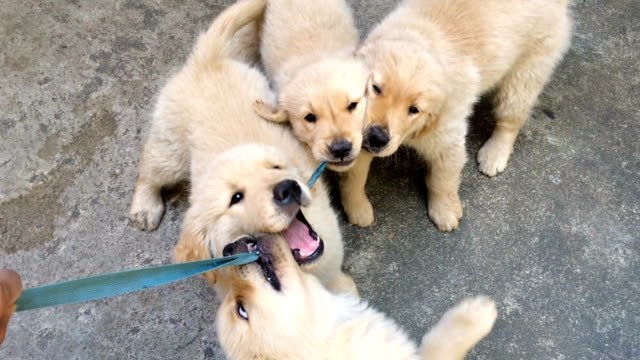
By following these effective training methods and avoiding common pitfalls, you'll set your dog up for success and enjoy a harmonious living environment. Remember, patience and consistency are key, and with time, your furry friend will become a potty training pro.
Reducing Anxiety While Away from Your Four-legged Loved Ones
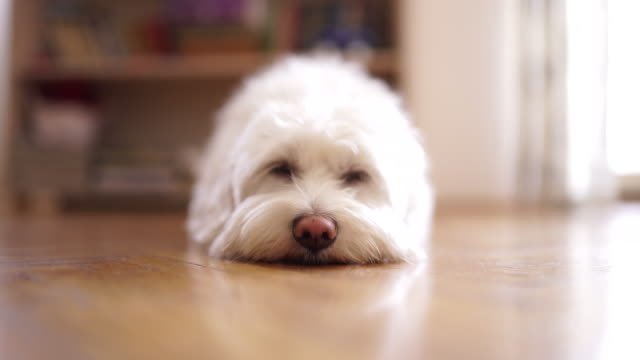
As pet owners, our furry companions hold a special place in our hearts, and their well-being is always a top priority. However, balancing our busy schedules with the needs of our pets can sometimes be challenging, especially when we're away from home for extended periods. Whether you're heading off to work or running errands, here are some effective ways to reduce stress on your pets while you're away.
1. Establish a Consistent Routine: Pets thrive on routine, so establishing a consistent schedule can help alleviate stress. Aim to feed, walk, and play with your pets at the same times each day. Predictability provides a sense of security and stability for your furry friends, making it easier for them to adjust to your absence.
2. Create a Comfortable Environment: Ensure that your pets have a comfortable and safe space to relax while you're away. Provide cozy bedding, toys, and access to water and food. Consider leaving on soothing background noise, such as soft music or a white noise machine, to mask outside sounds and create a calming atmosphere.
3. Provide Mental Stimulation: Keep your pets mentally stimulated by providing interactive toys, puzzles, or treat-dispensing gadgets. These toys can help keep boredom at bay and prevent destructive behaviors that may arise from stress or anxiety. Rotate toys regularly to keep things fresh and exciting for your furry companions.
4. Offer Physical Exercise: Regular exercise is essential for pets' physical and mental well-being. Before you leave, take your dog for a brisk walk or engage in a play session to burn off excess energy. For cats, provide opportunities for play and exploration with toys, scratching posts, or climbing structures.
5. Consider Hiring a Pet Sitter or Dog Walker: If your schedule allows, consider enlisting the help of a professional pet sitter or dog walker to check in on your pets while you're away. A pet sitter can provide companionship, potty breaks, and attention during the day, helping to alleviate loneliness and reduce stress. Alternatively, a dog walker can ensure that your pup gets the exercise they need to stay happy and healthy. Golda's Happy Paws @ (310)901-9843, is my trusted dog walker.
6. Utilize Technology: Take advantage of technology to stay connected with your pets while you're away. Set up a webcam or pet camera to check in on them remotely and even dispense treats or engage in interactive play. Some devices also allow for two-way communication, allowing you to reassure your pets with your voice.
7. Practice Gradual Departures: Help your pets acclimate to your departures by practicing gradual departures and arrivals. Start by leaving for short periods and gradually increase the duration over time. This can help desensitize your pets to your comings and goings and reduce separation anxiety.
8. Consider Natural Remedies: Explore natural remedies, such as calming pheromone diffusers or herbal supplements, to help ease your pet's stress and anxiety. Consult with your veterinarian to determine the most suitable options for your pet's needs and preferences.
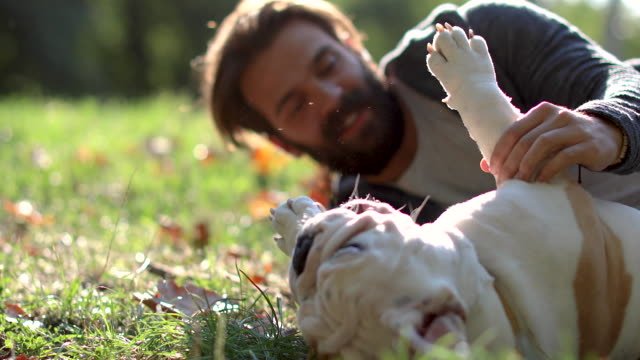
By implementing these effective strategies, you can help reduce stress and anxiety for your pets while you're away, ensuring that they feel safe, comfortable, and loved even in your absence. Remember, a happy and relaxed pet makes for a happier pet parent!
All the best,
Nathan Derry, Realtor

📍JohnHart Real Estate
📞(424) 303-0440
📧 nathan@jhagents.com
👨🏽💻 itsnathanderry.com
Interested in seeing a property or one of my off market properties in person? Contact me today! Who you hire matters!!!
Ready to make the best move of your life… let’s chat today!
